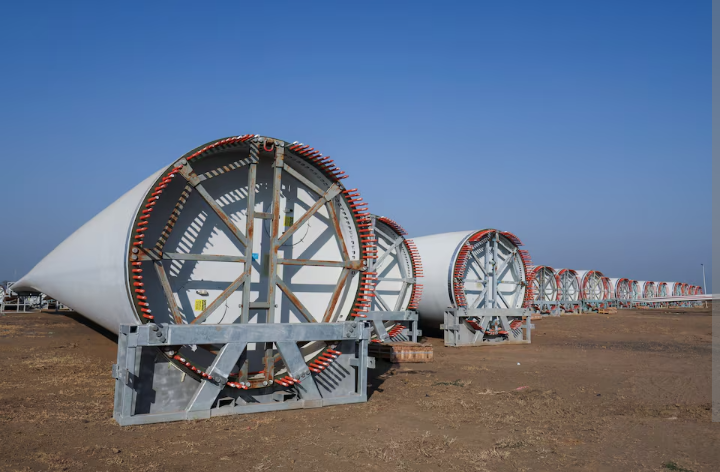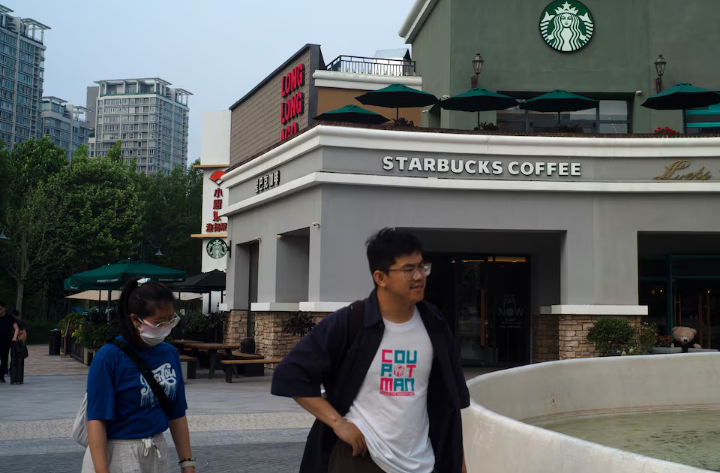In September 2021, the Solar Energy Corporation of India (SECI) unexpectedly approached the state of Andhra Pradesh to sign what would become India's largest renewable energy contract. Despite prior advisories indicating that the state had no immediate need for additional solar power, the Andhra Pradesh cabinet, led by Chief Minister YS Jagan Mohan Reddy, swiftly granted preliminary approval. This contract, primarily benefiting Adani Green Energy, is now under scrutiny by U.S. prosecutors for alleged bribery and fraud.
Evidence suggests that significant political influence overruled the counsel of finance and energy officials, leading to the deal's rapid endorsement. Concerns have been raised about potential excessive costs and the financial strain this agreement could impose on the state's treasury, potentially affecting funding for vital social programs. In light of these developments, the state is contemplating suspending the deal following the indictment of Gautam Adani.
The U.S. indictment alleges that Adani and his associates engaged in a $250 million bribery scheme to secure favorable energy contracts, deceiving investors about the company's anti-corruption measures. Legal experts indicate that while the case against Adani appears strong, extradition to the U.S. remains unlikely. The Adani Group has dismissed these allegations as "baseless" and has pledged to explore all legal avenues in response.
In response to the bribery allegations, SECI has revised its bidding policies to mitigate corruption risks. Previously, SECI would solicit power suppliers through tenders and subsequently seek buyers. The new approach bases 75% of its tenders on specific state demands, aiming to enhance transparency and reduce opportunities for corrupt practices. Despite these changes, SECI has not initiated investigations into past agreements and has not been formally accused of any wrongdoing.
The scandal has had broader implications, with international partners reassessing their involvement with the Adani Group. For instance, Adani Ports recently withdrew a $553 million funding request for the Colombo port project, opting to finance it through internal resources instead. This decision comes amid heightened scrutiny and legal challenges facing the conglomerate on a global scale.





